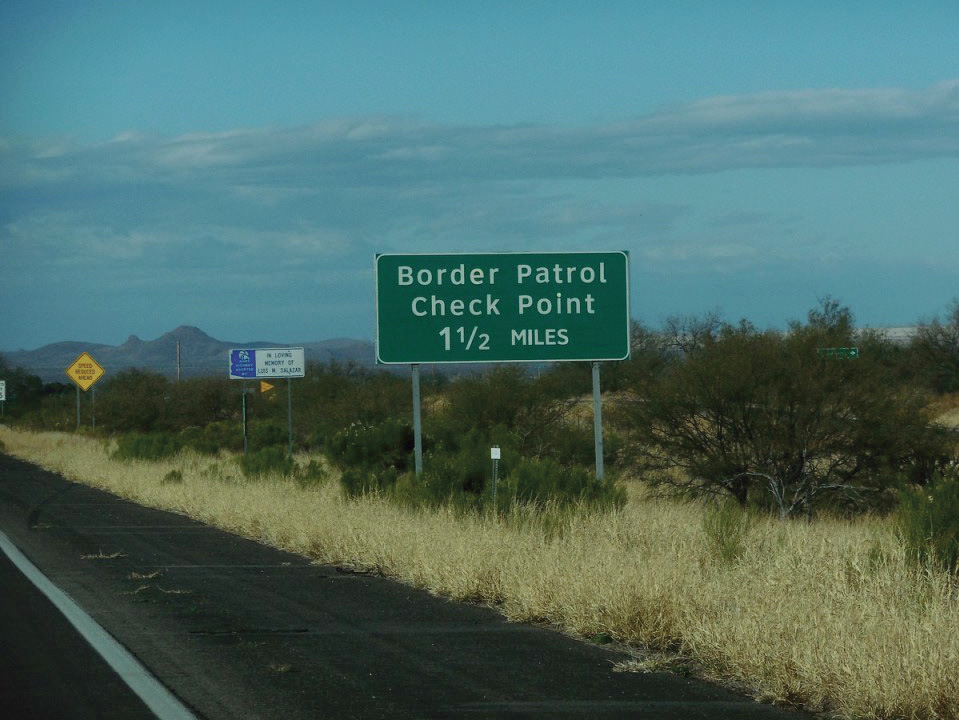With six hour border delays the norm and virtually no capability for Mexico to comply with California’s trucking “clean fleet regulations”, how will trucks service the cross-border trade? It is a massive trucking dilemma looking for a solution.

California’s trailblazing rule to clean its air by banning the sale of new big rig diesel trucks by 2036 is sending shock waves through truckers crossing the already logjammed US and Mexico border at Tijuana.
The agreement, hammered out by the California Air Resources Board (CARB) with truck manufacturers in April and known as the state’s advanced clean fleet regulation, ignored Mexico’s pleas that its truckers cannot afford to covert to zero emission vehicles (ZEVs) nor build electric charging stations south of the border.
San Diego-based trucking companies engaged who cross the border to serve California’s biggest trading partner – Mexico – already idle an estimated three to six hours to enter the US and lack of an electric charging infrastructure on the Mexican side will cripple cross border trade, officials predict.
Some 7,000 to 9,000 diesel-powered eighteen wheelers cross at Tijuana daily, Kurt Honold, secretary of the economy of the Mexican state of Baja California, testified before CARB.
Chris Shimodo, senior vice president of legislative affairs for the California Truckers Association (CTA), says southern California utility companies are skeptical if they have enough electricity on their grids to power ZEV trucks.
“For example, there is a major concern as San Diego Gas and Electric has very limited infrastructure in the Otay Mesa area (adjacent to the US Mexican border) and I am not sure how much coordination has been done with the state-owned utility in Mexico,” he told the American Journal of Transportation in an exclusive interview. “My impression is very little coordination has been done to date.”

Cross-border Cooperation Needed
The executive director of the Otay Mesa (Calif) Chamber of Commerce whose members include trucking companies and other cross border trade concerns, opines “What is puzzling to us is why the state of California would not work with Baja California to create a viable alternative for your number one trading partner?”
You cannot buy a zero emission truck in Mexico. It is “impossible,” adds Alejandra Mier y Teran.
California’s advanced clean fleet regulation impacts truckers with fleets of 50 or more big rigs or that generate more than $50 million in annual or single-truck operators that serve ports and railyards.
Marlon Miller, owner of San Diego based Miller Freight and Logistics with 81 rigs in his fleet and a busy cross border business, is feeling the bite now. “This will definitely impact our logistics business. Mexico is not prepared to install electric chargers or doing anything electrically on its side of the border,” he told the American Journal of Transportation. “So, imagine if we have an estimated $600,000 electric powered truck sitting in border traffic for three to six hours eating up electricity waiting to cross and there is no way to charge the tractor. It won’t make it and back on a full charge in San Diego.”
The Cost of Business Bound to Go UP
Miller says the consequences are frightening financially and operationally. The impact on the truck drivers, who are difficult to recruit and retain today, the shipper, consignee, and his trucking company, are impossible to numerically calculate, he contends. “If I am delayed in Los Angeles traffic after crossing the border in Tijuana, I may need another truck to complete the delivery. There are charging stations for cars that could be $90 to $110 per charge, but nothing yet for trucks. And who knows how much time it will take to recharge an 18 wheeler?”
He figures a charger infrastructure may include a central charging unit with five extensions so that five zero emission trucks can be powered simultaneously. “We in the trucking industry are not opposed to pollution free or clean air. Yet it is all so uncertain. The concern is will not we have to raise our prices to comply with the new rule but how much?”
MC Express Trucking LLC, with 250 tractors and 350 trailers in San Diego and Baja California and hauling to 48 states, is the largest cross border trucking company, however, it repeatedly declined to respond to AJOT’s request for comment on how it plans to cope with CARB’s new zero emissions trucking vehicle rule.
Again, it’s unclear how many trucking companies will be affected by California’s recently mandated “advanced clean fleet regulation,” California Trucking Association’s Shimodo underscores “any truck handling containerized cargo destined to or originating from a regulated port or railyard traveling to and from the manufacturing centers in Baja will need to comply, even if the fleet has just a single truck via the drayage truck requirements in the ATF.” The weight of the electric powered big rigs “will be much heavier” than a diesel truck because of the battery size “so, they carry a lesser payload, so you have more trucks on the road.”
She agrees that while it is important to reduce the level of pollutants in the air, “the technology (for operating and fueling electric trucks) is not here yet.” Hydrogen powered trucks could be a cost-efficient alternative and it would not drain electricity off the grids. “Everyone would win if we waited for an alternative option—it could shorten the supply chain instead of lengthening it and the environment would benefit. Right now, these deadlines are unachievable.”



